
FCC Chairman Ajit Pai drinking from his oversized mug.
Last fall, FCC Chairman Ajit Pai trumpeted claims that as a result of his successful efforts to rid the United States of net neutrality, the days of reduced investment from the nation’s cable and phone companies were over.
“Since my first day on the job, this agency has been focused on cutting through the regulatory red tape and increasing broadband investment, most importantly in rural America where the digital divide remains all too real,” Pai said in October 2018. “Today’s report confirms that the FCC’s policies to promote broadband deployment are working. After internet service providers reduced new investments in 2015 and 2016 under the prior Administration’s regulatory approach [ie. net neutrality], broadband investment increased in 2017 by $1.5 billion over the previous year. That’s real progress for American consumers, and another step toward better, faster, and cheaper broadband for all Americans.”
Of course, his claims were false last fall. Top executives at the nation’s largest telecom companies have repeatedly admitted that net neutrality had little, if any bearing on their spending plans. Much of the increased spending was, in fact, attributable to:
- AT&T’s required expansion of its fiber to the home network to meet its obligations from the acquisition of DirecTV.
- Charter Communications’ committed upgrades as part of its acquisition of Time Warner Cable and Bright House Networks, including switching off analog video and deploying DOCSIS 3.1.
- Comcast’s increased spending on DOCSIS 3.1 and pushing fiber optics deeper into its hybrid fiber-coax network.
- Wireless carrier investment in further 4G LTE deployments and network densification.
In the past six months, many of these companies have signaled investors the days of big spending are over, despite the fact the so-called regulatory shackles of net neutrality and other reform measures have been abolished under the Republican-led FCC.
Today, Comcast delivered the ultimate truth blow to Pai’s worthless promises, showing the lowest investment intensity in years. In fact, Comcast reported a huge 19.4% drop in capital expenditures, while achieving a 40.1% EBITDA margin — a signal the company is earning even bigger profits than ever, while at the same time literally slashing investment. One thing that did not decrease was Comcast’s total free cash flow, which rose to $4.592 billion dollars in the last quarter.
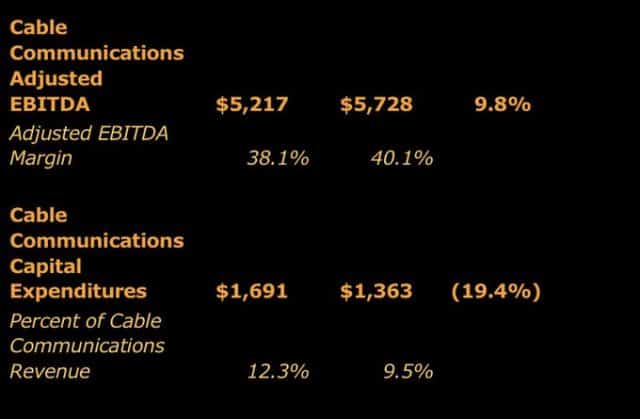
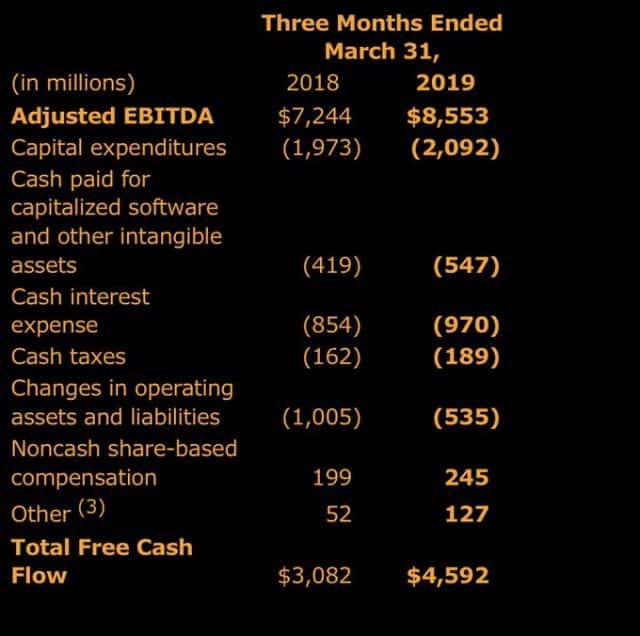


 Subscribe
Subscribe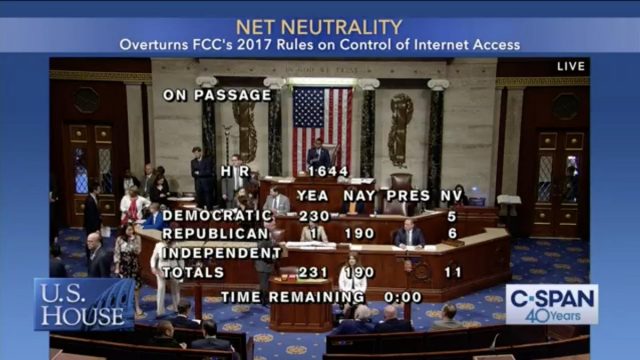 The House on Wednesday approved a bill on a 232 to 190 vote along party lines to restore net neutrality protections first adopted in 2015, but repealed in 2018 by the Republican majority serving the Trump Administration’s Federal Communications Commission under the leadership of Chairman Ajit Pai.
The House on Wednesday approved a bill on a 232 to 190 vote along party lines to restore net neutrality protections first adopted in 2015, but repealed in 2018 by the Republican majority serving the Trump Administration’s Federal Communications Commission under the leadership of Chairman Ajit Pai.

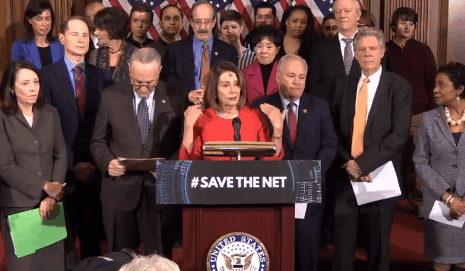

 Pai’s office this week released
Pai’s office this week released 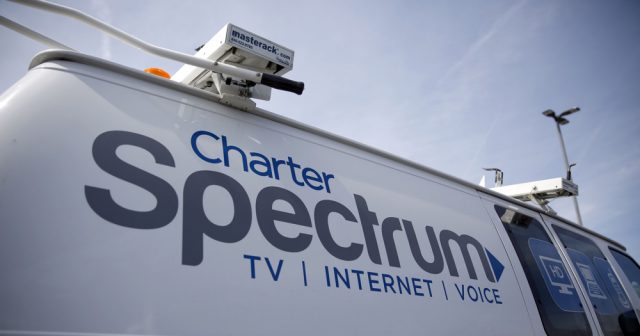
 Charter is expecting it can distribute more of its revenue to shareholders, share buybacks, and debt payments as a result of the completion of its all-digital conversion project, which eliminated analog television signals from cable systems to make more room for revenue-enhancing internet service. The company also gets to lease more set-top boxes to customers seeking to view digital television signals on older analog TV sets.
Charter is expecting it can distribute more of its revenue to shareholders, share buybacks, and debt payments as a result of the completion of its all-digital conversion project, which eliminated analog television signals from cable systems to make more room for revenue-enhancing internet service. The company also gets to lease more set-top boxes to customers seeking to view digital television signals on older analog TV sets.